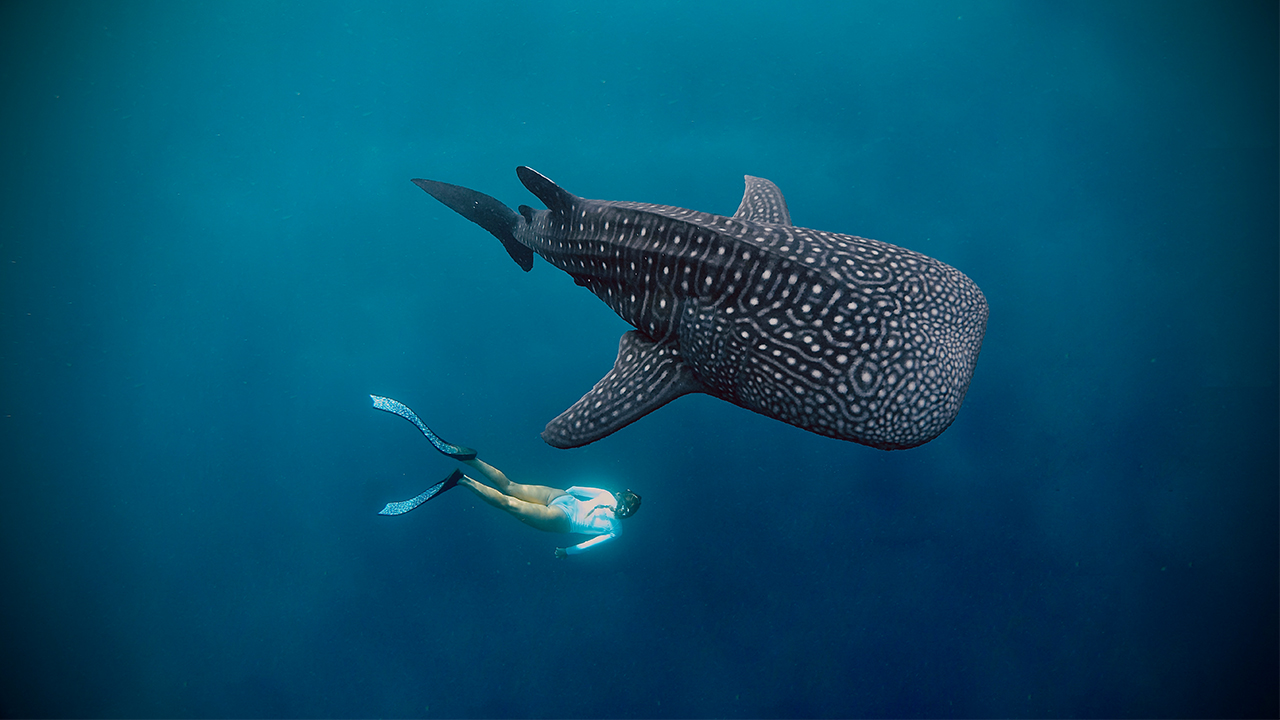Whale sharks, the gentle giants of the ocean, have captured the hearts of many marine enthusiasts around the world. In Sumbawa, Indonesia, these magnificent creatures can be found swimming gracefully in the crystal-clear waters, offering a unique opportunity for eco-tourism. However, as the popularity of whale shark tours increases, so does the need for ethical practices to ensure the protection of these vulnerable animals. In this article, we will explore the concept of Sumbawa whale shark ethical practices, the importance of conservation, and how you can enjoy these encounters responsibly.
The Allure of Whale Sharks in Sumbawa
Sumbawa is renowned for its stunning marine biodiversity, making it a prime location for whale shark sightings. These gentle giants can grow up to 40 feet long and are known for their docile nature. Unlike their predatory counterparts, whale sharks feed primarily on plankton, making them harmless to humans. This unique feeding behavior allows for safe interactions, drawing tourists from around the globe to experience the thrill of swimming alongside these magnificent creatures.
The Rise of Eco-Tourism
As awareness of marine conservation grows, eco-tourism has become a popular way to experience the beauty of nature while supporting local communities. In Sumbawa, whale shark tours have emerged as a significant attraction, providing visitors with the chance to swim with these gentle giants. However, with this rise in tourism comes the responsibility to ensure that these activities do not harm the whale sharks or their habitat.
Understanding Ethical Practices
The term Sumbawa whale shark ethical refers to the guidelines and practices that aim to protect whale sharks and their environment while allowing for responsible tourism. Here are some key principles that define ethical whale shark encounters:
1. Respecting the Animals
One of the most important aspects of ethical whale shark tourism is respecting the animals. Tour operators should educate their guests about the behavior of whale sharks and the importance of maintaining a safe distance. Swimmers should never touch or chase the sharks, as this can cause stress and disrupt their natural feeding patterns.
2. Sustainable Practices
Sustainable tourism practices are essential for the long-term health of whale shark populations. This includes limiting the number of boats in the water at any given time, ensuring that tours do not overcrowd the sharks. Operators should also avoid using harmful equipment, such as anchors that can damage coral reefs.
3. Community Involvement
Ethical whale shark tours should involve local communities in the decision-making process. By engaging local fishermen and residents, tour operators can create a sense of ownership and responsibility towards the conservation of whale sharks. This collaboration can lead to better protection measures and sustainable practices that benefit both the community and the marine ecosystem.
4. Education and Awareness
An essential component of ethical tourism is education. Tour operators should provide information about whale sharks, their role in the ecosystem, and the threats they face. By raising awareness, tourists can become advocates for marine conservation and make informed choices about their travel experiences.
The Role of Regulations
To ensure the sustainability of whale shark tourism in Sumbawa, local governments and organizations must implement regulations that protect these animals. This includes establishing guidelines for tour operators, monitoring whale shark populations, and enforcing penalties for those who violate ethical practices. By creating a framework for responsible tourism, Sumbawa can continue to be a haven for whale sharks while providing unforgettable experiences for visitors.
How to Choose an Ethical Tour Operator
When planning your whale shark adventure in Sumbawa, it’s crucial to choose an ethical tour operator. Here are some tips to help you make the right choice:
- Research: Look for operators that prioritize conservation and have positive reviews from previous guests. Check their websites for information on their ethical practices.
- Ask Questions: Don’t hesitate to ask tour operators about their policies regarding whale shark interactions. Inquire about their approach to sustainability and community involvement.
- Look for Certifications: Some tour operators may have certifications from environmental organizations, indicating their commitment to ethical practices.
- Support Local Businesses: Choose operators that are locally owned and operated, as they are more likely to have a vested interest in the conservation of their marine environment.
The Experience of Swimming with Whale Sharks
Swimming with whale sharks is an awe-inspiring experience that leaves a lasting impression. As you glide through the water, you’ll witness the sheer size and grace of these gentle giants. The thrill of being in the presence of such magnificent creatures is unparalleled, and it’s a moment that many travelers cherish for a lifetime.
However, it’s essential to remember that this experience comes with a responsibility. By choosing ethical practices and supporting sustainable tourism, you can help protect whale sharks and their habitat for future generations to enjoy.
The Sumbawa whale shark ethical movement is crucial for the preservation of these incredible creatures and their environment. By promoting responsible tourism, respecting the animals, and supporting local communities, we can ensure that future generations will have the opportunity to experience the magic of swimming with whale sharks. As you plan your next adventure, consider the impact of your choices and strive to be a responsible traveler. Together, we can make a difference in the world of marine conservation and create unforgettable memories along the way.
